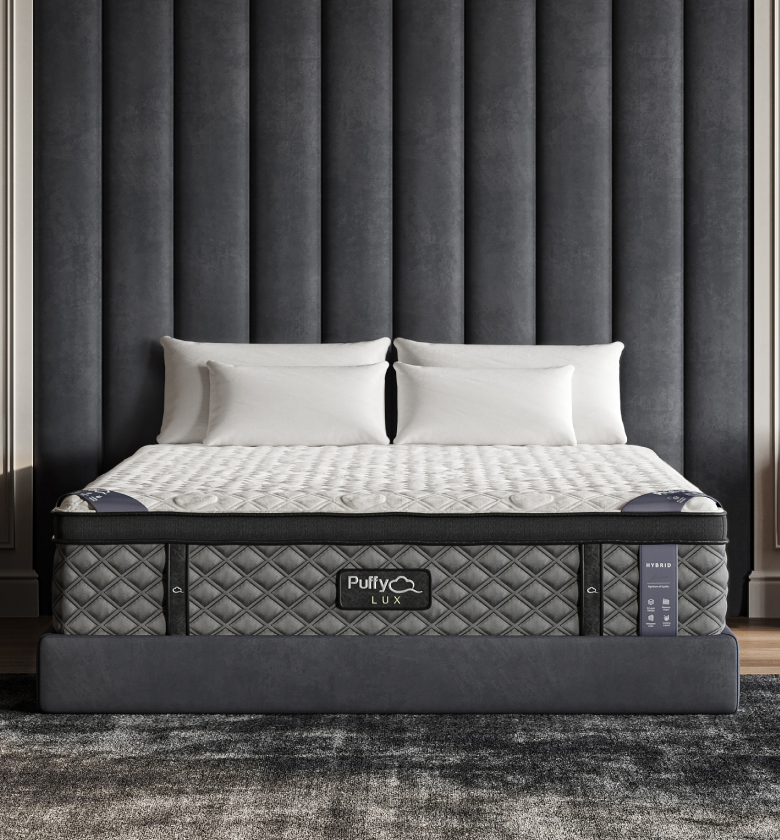In our continuous quest for the perfect night’s sleep, the zero gravity mattress emerges as a revolutionary concept. This article delves into what a zero gravity mattress is, its benefits, and how it compares to traditional mattresses.
What is Zero Gravity Mattress?
A zero gravity mattress is designed to mimic the feeling of weightlessness, inspired by the zero gravity position astronauts use during liftoff. The key characteristics include:
- Even Weight Distribution: It minimizes pressure points by distributing weight evenly across the mattress.
- Enhanced Comfort: These mattresses often feature materials like memory foam or latex that conform to the body’s shape.
Benefits of a Zero Gravity Mattress
The concept of a zero gravity mattress, inspired by the weightlessness experienced in space, brings a host of benefits to your sleep experience. Here’s a detailed look at the advantages:
- Pressure Relief: One of the most significant benefits is the reduction of pressure on the body. By evenly distributing weight, these mattresses reduce pressure points on the hips, back, and shoulders, leading to less pain and discomfort, particularly for side sleepers or those with chronic pain issues.
- Improved Blood Circulation: The zero gravity position is known to enhance blood circulation. This can be particularly beneficial for those with circulatory issues, as improved blood flow helps in reducing swelling and pain in the extremities.
- Back and Neck Support: These mattresses provide excellent support for the spine and neck, aligning them correctly and reducing the likelihood of waking up with stiffness or soreness.
- Reduced Snoring: By elevating the head slightly, zero gravity mattresses can help open up airways, which may reduce snoring and benefit those with sleep apnea.
- Better Digestion: The unique positioning can also aid in digestion, making these mattresses a good choice for people who suffer from acid reflux or GERD.
- Enhanced Comfort: The sensation of weightlessness contributes to a feeling of relaxation and can help in achieving deeper sleep cycles, improving overall sleep quality.
Puffy mattresses, known for their pressure-relieving memory foam, offer a similar sensation to zero gravity mattresses, making them ideal for those seeking a weightless sleep experience.
Best Zero Gravity Mattress
Choosing the best zero gravity mattress involves considering several factors to ensure you get the most out of this innovative sleep technology:
- Material Quality: High-quality materials like dense memory foam or responsive latex are crucial. They conform to the body’s contours and rebound effectively when you change positions.
- Firmness Level: The ideal zero gravity mattress usually falls within the medium to medium-firm range. This provides a balance between support and comfort, crucial for achieving the zero gravity sensation.
- Support and Alignment: The mattress should support your body evenly and maintain the natural alignment of your spine. This is vital for the zero gravity effect and to prevent any discomfort or pain.
- Durability: Since these mattresses are an investment in your sleep health, look for ones that are built to last. Durable materials and a solid warranty are indicators of a quality mattress.
- Cooling Properties: Given that memory foam can retain heat, opt for a mattress with cooling technologies if you tend to sleep hot. Features like gel-infused foam or breathable covers can help regulate temperature.
- Adjustable Base Compatibility: If you want to enhance the zero gravity experience, ensure that the mattress is compatible with adjustable bases. This allows you to easily achieve the zero gravity position.
- User Reviews and Trials: Always check user reviews for real-world insights into the mattress’s performance. Additionally, choosing a brand that offers a trial period lets you experience the mattress in your own home before committing.
Interested in how Puffy stacks up against other brands? Check out our mattress comparisons: Puffy vs Purple, Puffy vs Nectar, Puffy vs Casper, Puffy vs Leesa, Puffy vs Saatva, Puffy vs DreamCloud, and Puffy vs Tuft and Needle.
Zero Gravity and Sleep Health
- Relief from Sleep Disorders: A zero gravity mattress can help alleviate symptoms of sleep apnea, snoring, and acid reflux.
- Ideal for Recovery: Beneficial for those recovering from surgery or suffering from chronic pain.
Comparing Zero Gravity Mattresses and Traditional Mattresses
Traditional Mattresses:
- May not provide even weight distribution.
- Can create pressure points, leading to discomfort.
Zero Gravity Mattresses:
- Offer a weightless sleep experience.
- Reduce pressure points and enhance sleep quality.
Check out Puffy mattress reviews from real customers and see how we compare with other brands.
How to Choose a Zero Gravity Mattress
- Read Reviews: Look for customer feedback and expert reviews to gauge the mattress’s performance.
- Trial Periods: Opt for brands that offer sleep trials, allowing you to experience the mattress before making a long-term commitment.
Puffy Lux Mattress, with its trial periods and excellent customer reviews, is a great choice for those interested in experiencing zero gravity-like comfort.
Zero Gravity Mattress and Adjustable Bases
- Compatibility: Ensure that the zero gravity mattress is compatible with adjustable bases for a full zero gravity experience.
- Adjustable Base Features: Look for bases that offer multiple positions, including the zero gravity position, for enhanced customization.
Use our store locator to find the closest furniture or mattress store near you and feel the cloudlike comfort of our Puffy Mattress in person.
Conclusion
The zero gravity mattress represents a leap forward in sleep technology, offering benefits that traditional mattresses may not provide. From improved health benefits to superior comfort, these mattresses are transforming the way we think about sleep.
Note: This is an educational article. View Puffy's current mattress sizes and options.

- 8 layers of cloudlike luxury.
- Medium-plush feel.
- Gel-infused cooling.
- 101-night sleep trial.












